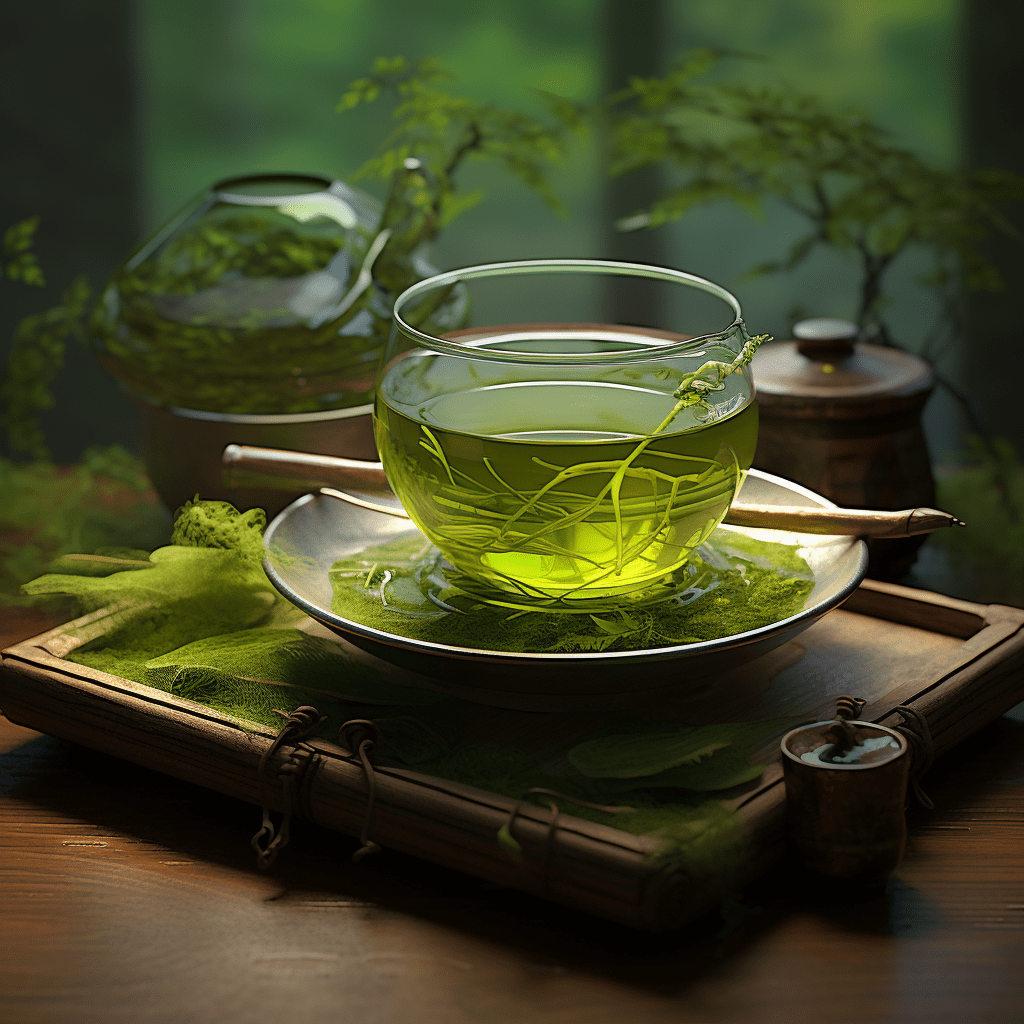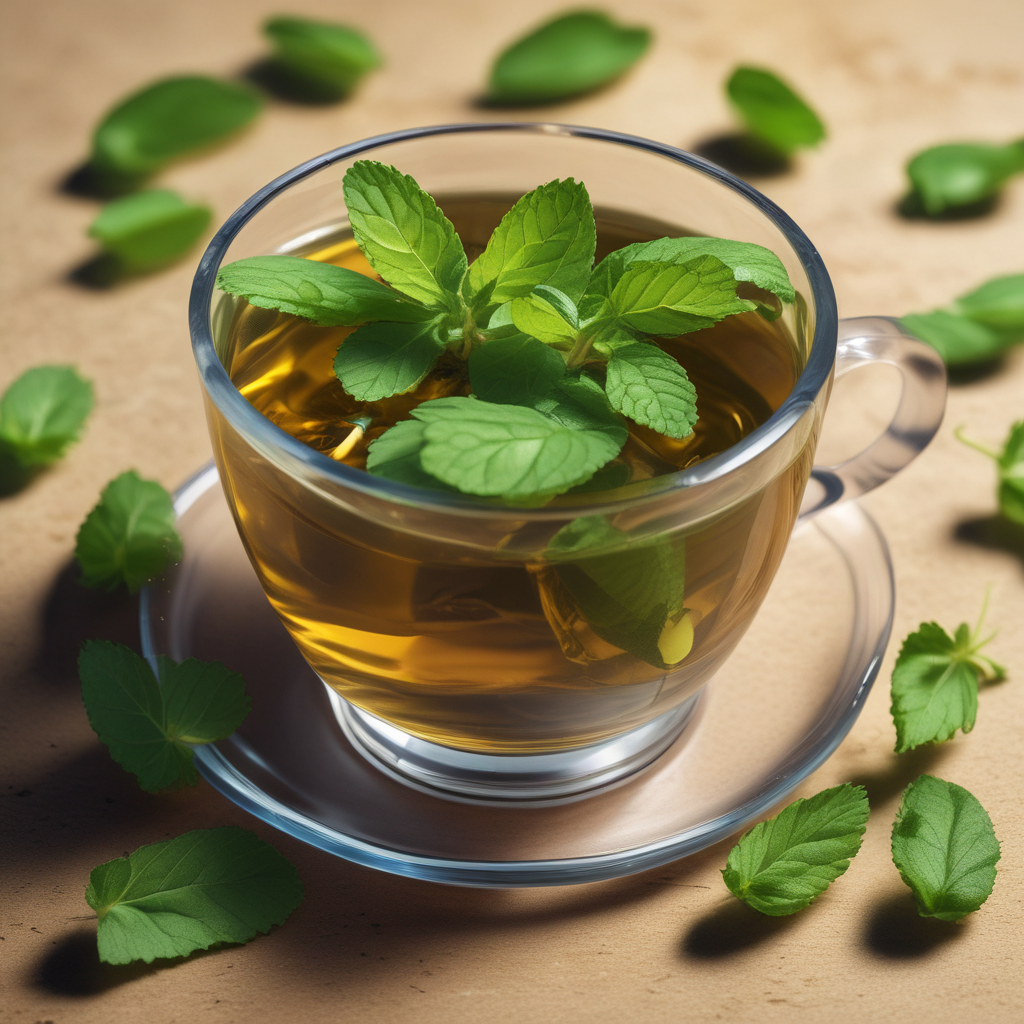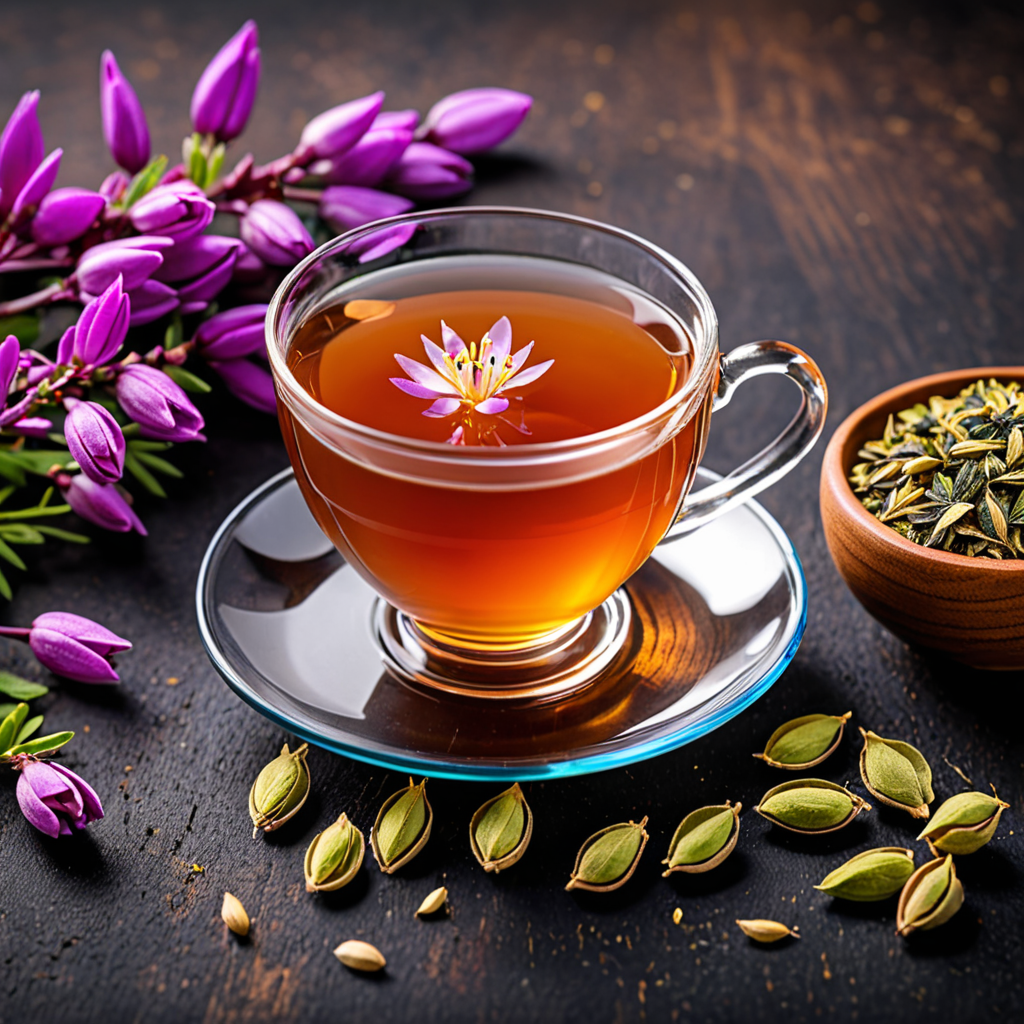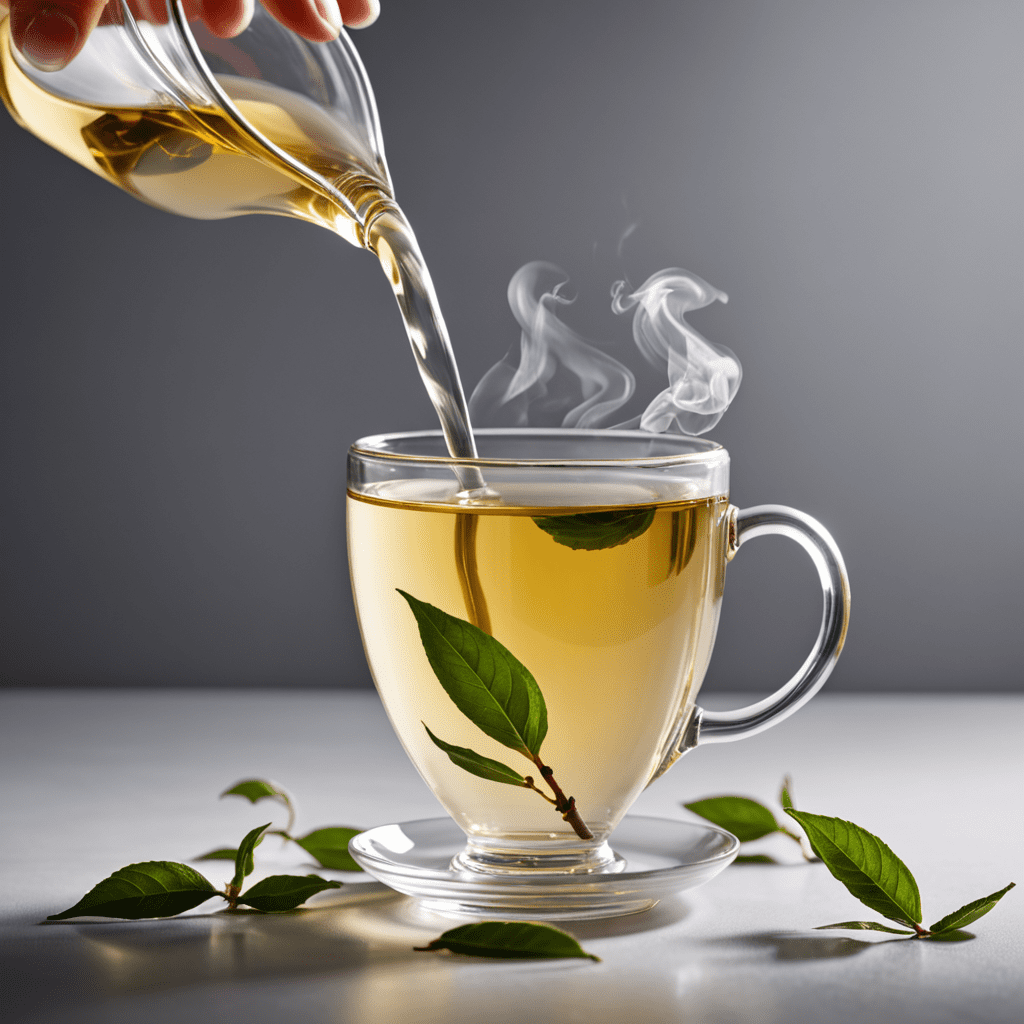
How Do You Say Green Tea in Japanese?
Green tea is a popular beverage enjoyed by people all over the world for its numerous health benefits and delicious taste. If you are a tea lover and want to learn how to say “green tea” in Japanese, you’ve come to the right place. In this article, we will explore the Japanese term for green tea, its pronunciation, and other related phrases. Whether you are planning a trip to Japan or simply want to impress your friends with your language skills, let’s dive into the world of Japanese tea!
The Japanese Term for Green Tea: “Ryokucha”
In Japanese, the term for green tea is “Ryokucha” (緑茶). This term is used to describe the general category of green tea, which includes various varieties and preparations. “Ryo” (緑) means “green,” while “cha” (茶) translates to “tea.” Together, they form the term Ryokucha, representing green tea as a whole.
Pronunciation of “Ryokucha”
The pronunciation of “Ryokucha” may seem challenging at first, but with a little practice, you’ll be able to say it confidently. Here’s a breakdown of the pronunciation:
- “Ryo” is pronounced like “ree-yo,” with a long “ee” sound.
- “Ku” is pronounced like “koo,” with a long “oo” sound.
- “Cha” is pronounced like “cha,” similar to the English word “cha” but without the final “uh” sound.
Put it all together, and you have “ree-yo-koo-cha.” Take your time and practice these syllables individually before trying to pronounce the full word.
Other Tea-related Phrases in Japanese
Apart from the term “Ryokucha,” there are a few other tea-related phrases worth mentioning. Whether you want to order green tea at a café or hold a conversation about tea with a Japanese friend, these phrases can come in handy:
- Ocha (お茶) – This term generally refers to any kind of tea. If you’re not specific about the type of tea you want, you can simply ask for “ocha,” and you will most likely be served green tea.
Matcha (抹茶) – This is a powdered form of green tea used in traditional Japanese tea ceremonies. If you specifically want matcha, you can ask for “matcha ocha.”
Genmaicha (玄米茶) – A type of green tea that includes roasted brown rice kernels. It has a slightly nutty flavor and is commonly enjoyed in Japan.
Hōjicha (ほうじ茶) – This is roasted green tea, which gives it a unique toasty flavor. Hōjicha is often enjoyed as a comforting and caffeine-free alternative to regular green tea.
FAQ
Q: Are there any health benefits associated with green tea?
A: Yes, green tea is known to be rich in antioxidants and bioactive compounds that can help improve overall health. Some benefits include improved brain function, weight loss, reduced risk of heart disease, and lower risk of certain types of cancer.
Q: How is green tea typically served in Japan?
A: In Japan, green tea is commonly served as loose leaf tea or in tea bags. It is traditionally brewed with hot water (not boiling) and enjoyed without any milk or sweeteners.
Q: What is the proper tea-drinking etiquette in Japan?
A: When enjoying green tea in Japan, it’s important to follow certain customs. This includes holding the tea cup with both hands, receiving the cup with a slight bow, and making a slurping sound to show appreciation. It is also customary to refill each other’s cups during tea ceremonies as a sign of hospitality.
Q: Can I find green tea in Japanese restaurants outside of Japan?
A: Yes, green tea is often served in Japanese restaurants worldwide. However, the specific type and quality of green tea may vary. If you are looking for an authentic Japanese tea experience, it’s best to visit a specialized tea shop or Japanese cultural center.
Q: Are there any variations of green tea in Japan?
A: Yes, Japan is known for producing various types of green tea, each with its own unique flavor and characteristics. Some popular variations include sencha, gyokuro, bancha, and kabusecha. These teas can vary in terms of the part of the tea plant used, cultivation process, and brewing methods.
Q: Can I buy Japanese green tea online?
A: Yes, many online tea retailers offer a wide selection of Japanese green teas. Look for reputable sellers that source their tea directly from Japan for the best quality and authenticity.
Now that you know how to say “green tea” in Japanese and have learned a few extra tea-related phrases, you can confidently navigate the world of Japanese tea culture. Whether you’re ordering a cup of green tea at a local café or conversing with native speakers, these Japanese terms will surely impress. So go ahead and enjoy your next cup of “Ryokucha” with newfound linguistic flair!


